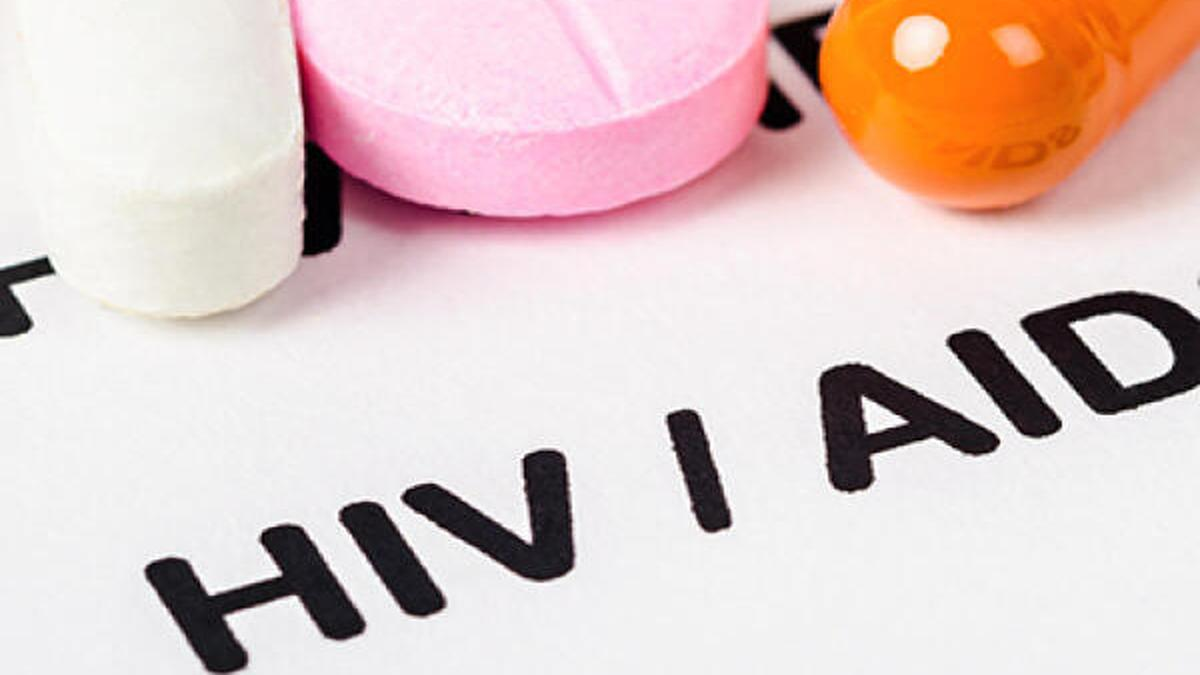Description

Copyright infringement not intended
Picture Courtesy: https://www.thehindu.com/news/cities/chennai/antiretroviral-drug-shortage-leaves-plhas-in-the-dark/article65586557.ece
Context: The World Health Organization (WHO) in its report has highlighted a growing concern about resistance to the antiretroviral drug dolutegravir (DTG) among HIV patients.
Details
- The World Health Organization (WHO) has raised concerns about the growing resistance to the antiretroviral drug dolutegravir (DTG) among HIV patients.
- The WHO report emphasizes the importance of routine surveillance to track resistance patterns, shape treatment guidelines, and enhance program quality.
Key Highlights of the Report
Resistance to Dolutegravir (DTG)
- Since 2018, WHO has endorsed DTG as the preferred first- and second-line HIV treatment due to its effectiveness and minimal side effects. The report notes high levels (>90%) of HIV viral load suppression in populations receiving DTG.
- The latest survey highlighted the resistance levels range from 3.9-8.6%, reaching 19.6% among individuals with high viral loads transitioning to DTG-containing ART.
- The evidence of resistance in patients with unsuppressed viral load despite DTG treatment highlights the need for increased vigilance and efforts to optimize HIV care delivery.

Challenges in Global HIV Response
- Sustainable Development Goal (SDG) targets are off track, with 1.3 million new HIV infections and 630,000 HIV-related deaths reported in 2022.
- Several countries failed to meet global targets for HIV treatment indicators, emphasizing the need for improved quality of treatment and care services.
Surveillance and Monitoring
- Only 12 of 45 WHO focus countries conducted surveys or integrated HIV drug resistance early warning indicators into routine monitoring systems in 2022.
- Routine monitoring of quality-of-care indicators, including on-time ART pick-up and viral load testing coverage, is crucial for successful ART programs.
- Strengthened data reporting systems are essential to monitor and report quality-of-care indicators effectively.
Recommendations
- WHO recommends routine surveillance of HIV drug resistance to track prevalence and resistance patterns, crucial for shaping treatment guidelines and improving program quality.
- Instances of resistance to integrase-strand transfer inhibitors (INSTI) after exposure to cabotegravir (CAB-LA) underscore the importance of timely HIV detection.
- Despite risks, WHO supports the rollout of CAB-LA for pre-exposure prophylaxis (PrEP), emphasizing standardized surveillance of drug resistance among individuals testing positive for HIV on PrEP.
- Coordinated action across all government sectors and societal levels is crucial to minimize the spread of HIV drug resistance.
Dolutegravir (DTG)
- DTG is a significant antiretroviral medication used in the management of HIV, providing both treatment and preventive options.
- Dolutegravir is used, in combination with other antiretroviral drugs, for the treatment of Human Immunodeficiency Virus (HIV), the virus responsible for Acquired Immunodeficiency Syndrome (AIDS).
- It works by blocking the action of HIV integrase, an enzyme necessary for the replication of the virus. By inhibiting this enzyme, DTG impedes the integration of viral DNA into the host cell's DNA, hindering the virus's ability to reproduce.
- The medication is taken orally, typically in the form of tablets.
- While generally well-tolerated, common side effects include headache, insomnia, dizziness, diarrhoea, nausea, fatigue, muscle pain, and increased liver enzymes.
- There are tentative concerns about potential harm to the baby if used during pregnancy, highlighting the need for careful consideration and monitoring in pregnant individuals.
- As of 2019, the World Health Organization (WHO) recommends Dolutegravir as both first- and second-line treatment for all individuals with HIV, reflecting its effectiveness in managing the virus.

Conclusion
- While Dolutegravir has proven to be a valuable tool in the fight against HIV, ongoing vigilance is crucial to address emerging resistance issues and ensure the sustained efficacy of HIV treatments globally. Regular updates in research, surveillance, and treatment guidelines are essential to adapt to the evolving landscape of HIV care.
|
PRACTICE QUESTION
Q. Dolutegravir (DTG) is a medication used to treat:
A) Bacterial infections
B) Cancer
C) HIV infection
D) High blood pressure
Answer: C
Explanation:
Dolutegravir is an antiretroviral medication used in combination with other drugs for the treatment of HIV.
|
















